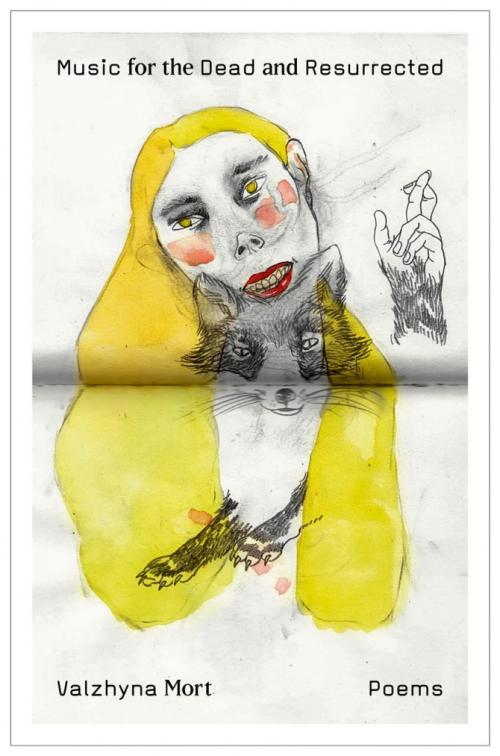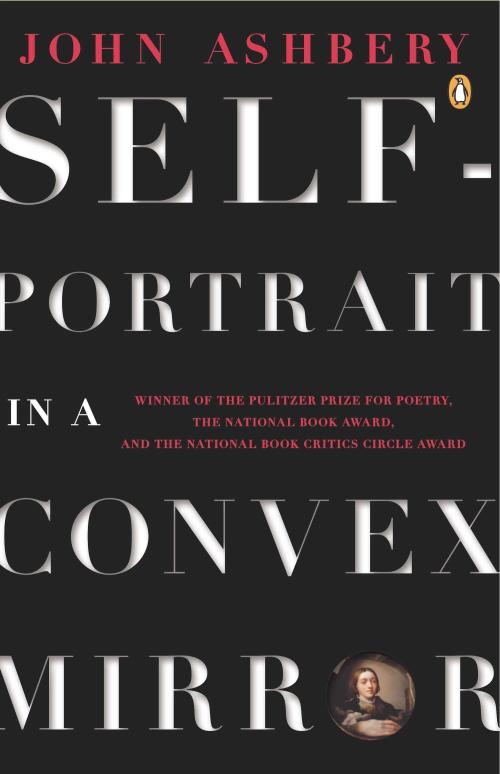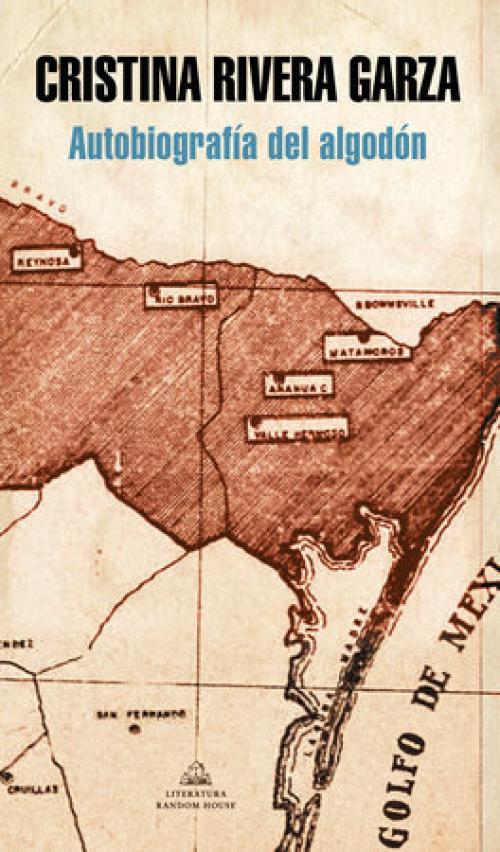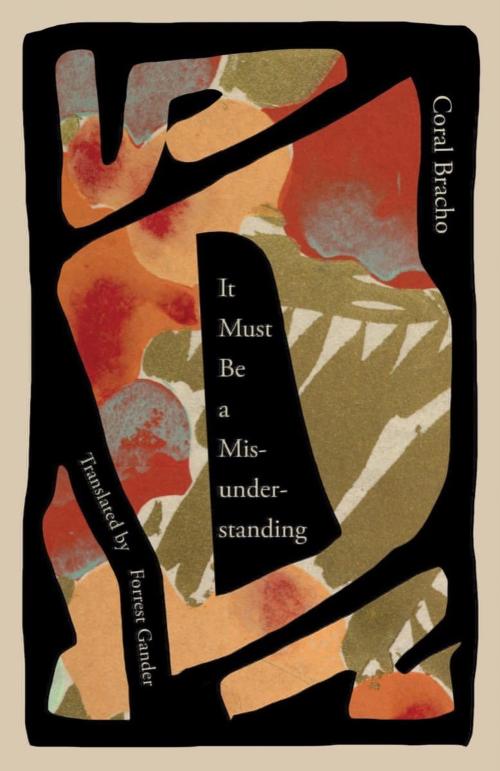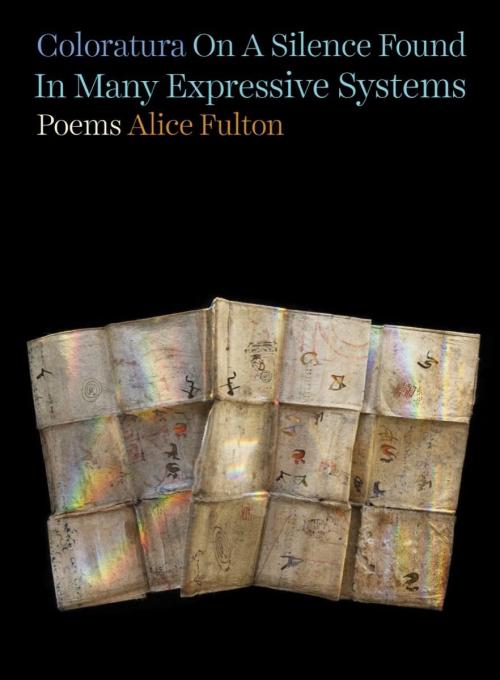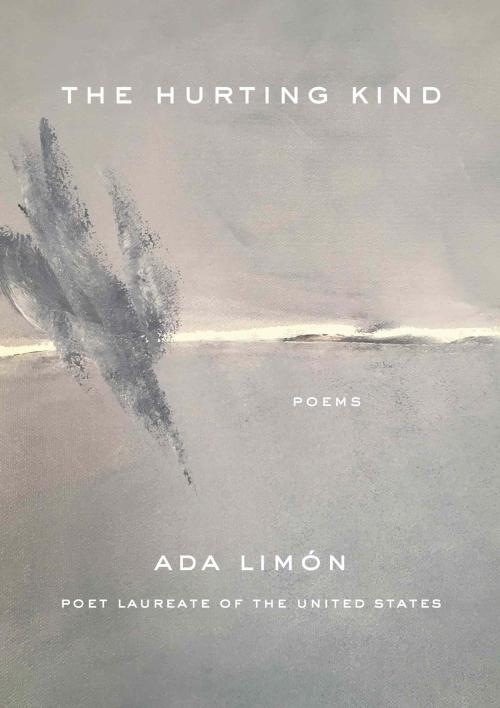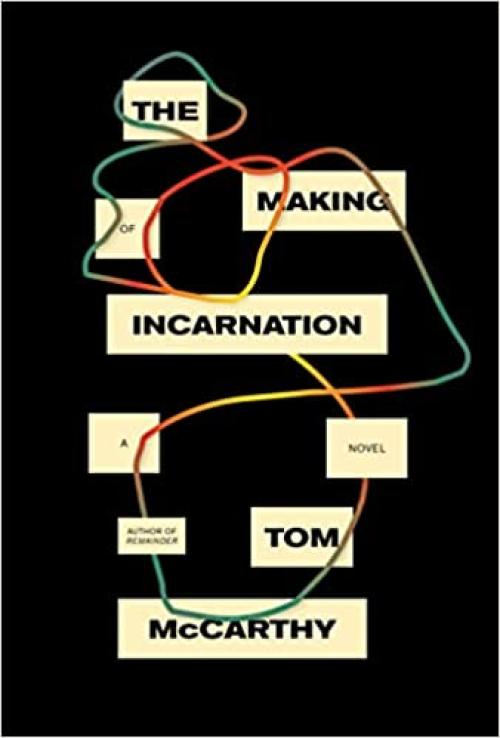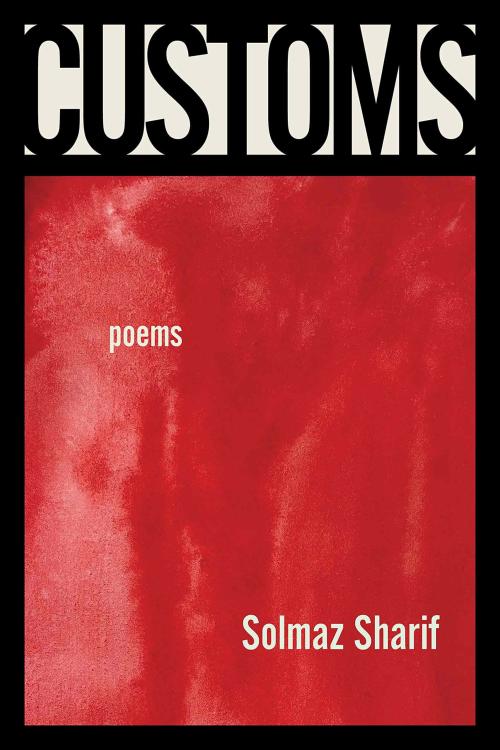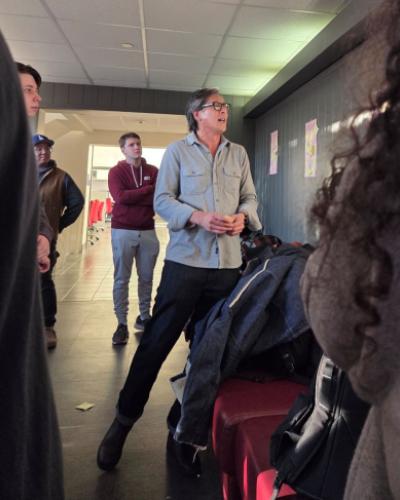We gathered recommendations from faculty in the College of Arts & Sciences for the best books and poetry to read in 2023. We hope you will enjoy them!
Leslie Adelson, Jacob Gould Schurman Professor of German Studies, Department of German Studies
Valzhyna Mort is an extraordinary wordsmith of grit and grace. Forged in the fires of history and imagination, her alchemical poetry transforms the stuff of catastrophe into an alertness to hope despite despair. “The chestnuts are about to speak,” we read, in the breath-taking and life-giving collection "Music for the Dead and Resurrected" (2020). For Mort, Belarusian history has long been “one catastrophe after another,” compounded by silences that her exceptionally creative and powerfully arresting poetry helps magically to break. To experience these poems is to discover newly expressive capacities of language altogether.
Benjamin Anderson, associate professor, Department of History of Art and Visual Studies
John Ashbery published two versions of “Self-Portrait in a Convex Mirror,” a 552-line poem: the first in Poetry in 1974, the second a year later in a book of the same name. The titular self-portrait is by the Italian painter Parmigianino (1503-40); Ashbery saw it in Vienna in 1959 (“with Pierre,” he adds in the later version). The poet describes the painting, the circumstances of its manufacture, and its critical fortunes. At some point (early on), “the soul establishes itself” within “its room, our moment of attention.” Hence the poem’s true subject: the miraculous rapport that art may fashion between the living and the dead; whose latter ranks the poet, with whom we yet converse, joined in 2017.
Debra A. Castillo, Emerson Hinchliff Professor of Hispanic Studies, Department of Comparative Literature
MacArthur award winner Cristina Rivera Garza is best known as a novelist and as a chronicler of current events in the US-Mexico border region. Her stunning memoir, "Autobiografía del algodón" ("Autobiography of Cotton"), Random House, 2020, a New York Times top book in Spanish from 2020, offers a rearview window onto the ecological and biographic complexities of transborder lives, both human and plant, in the Tamaulipas/Texas region. She travels through space and into family archives, tracing her history through miners and cotton farmers in the rough scrabble desertlands of Arid America, until she finds herself, powerfully, standing under trees in Houston that her grandfather planted before his deportation in the early 20th century.
Carolyn Fornoff, assistant professor, Department of Romance Studies
Coral Bracho’s book of poems, "It Must be a Misunderstanding," poignantly captures the experience of witnessing a loved one become consumed by dementia. Written in memory of the poet’s mother, the collection is structured by the progression of her Alzheimer’s disease. And what better way to capture Alzheimer’s, a disease characterized by memory loss and the loss of language control, than through poetry? Bracho draws on poetry’s ability to unmoor language from narrative logic and instead channel sound and sensation to render a moving account of her mother’s decline. Brought into English translation by Forrest Gander, this recent book by Bracho, a renowned Mexican poet, will be of interest to anyone with elderly family members.
Roger Gilbert, professor, Department of Literatures in English:
I recommend a dazzling poem by Alice Fulton called “Coloratura on a Darkness Chosen from a Gamut of Stygian Events,” from her recent collection "Coloratura on a Silence Found in Many Expressive Systems" (Norton 2022). As these titles suggest, the book vocalizes virtuosically on themes that might seem resistant to brightness, color, even sound itself. It’s informed by several traumatic events in Fulton’s life, including the death of her mother and a severe injury that immobilized her for many months. The poem I’ve singled out is a funny, mordant, bracing meditation on various forms of darkness, a condition Fulton became intimately acquainted with during the long nights of her convalescence.
Kelly Presutti, assistant professor, Department of History of Art and Visual Studies:
I recommend Ada Limón, "The Hurting Kind," 2022. As someone who has spent years learning to read quickly, skimming and skipping along, I struggle with poetry, which demands slow attention. This is, of course, its advantage, as the title of the poetry podcast "The Slowdown," hosted by Ada Limón, suggests. I heard Limón—now the U.S. Poet Laureate—read at Cornell in September of 2021. Her radiating charisma, lyrical voice, and sharp insight made me an instant fan. In "The Hurting Kind," Limón finds herself repeatedly in the world, through the delights of a backyard groundhog or the “more yellow” of a forsythia, offering a quietly powerful model for the kind of environmental entanglement everyone seems to be looking for these days.
Courtney Roby, associate professor, Department of Classics:
My top recommendation is Tom McCarthy’s 2021 novel "The Making of Incarnation," whose characters are all engaged in the science of motion studies for industry and cinema. At the heart of the novel’s mystery are the real-life “cyclegraphs” created by Lillian Gilbreth, an early industrial psychologist, who pioneered a technique for tracking the hand movements of the most efficient factory workers in order to create tools for optimizing other workers’ movements. The book brings together humanities and STEM viewpoints on the world while focusing on the questions of bodily labor engaged by industrial motion studies.
Malte Ziewitz, associate professor, Department of Science & Technology Studies; interim director, Milstein Program in Technology & Humanity
I do not read a lot of poetry. But sometimes a collection finds and really captures me. Solmaz Sharif’s "Customs" (2022) is one of those. In "Customs," Sharif explores the everyday struggles of belonging within and without America. “It is very / private / to be in another’s / syntax,” she writes, a sentiment that many, immigrant or not, will find familiar. A U.S. border officer may hold you at his own discretion, but Sharif holds him, too: ”puffy, / pink, ringed in plexi, pleased / with his own wit / and spittle.” There’s something beautifully analytical about Sharif’s work—analytical in a way I wish more scholarship could be.

